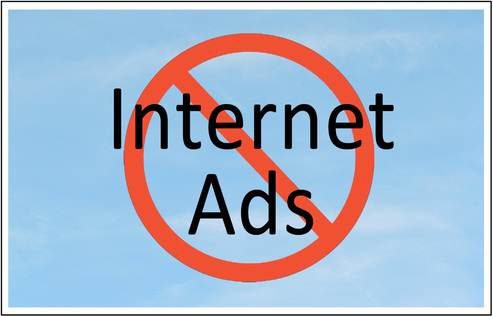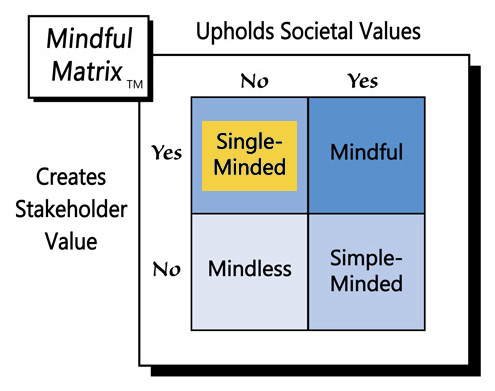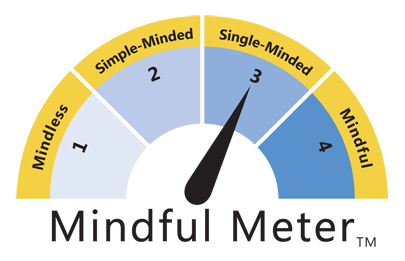The firm’s soon-to-be released iOS 9 software “will allow owners of Apple’s newer mobile devices to download Web browser extensions that can block advertising from being shown while they browse the Web.” The extensions can be set to eliminate all ads, but by default they will only block ones that are judged to be “annoying.”
How is such ad-blocking possible? The software works “by detecting and stripping out scripts in the code of web pages meant to make browsers pull content from ad networks' computer servers.” Apple won’t produce the browser extensions itself; rather, consumers will be able to download them from the App Store, just as they do other third-party products.
In order to pacify the media organizations that are justifiably distressed by the ad-blocking announcement, Apple also will include with iOS 9 an app called News, which “will allow publishers to bypass blockers to serve their own ads or let Apple sell ads and share the revenue.”
Internet ads are one of those things that people tend to detest. Certainly the content and methods of some digital ads deserve disdain, but is it right to block all internet ads? For a more circumspect perspective on the issue, it might be helpful to consider another example.
For instance, what if there were an app that could help people avoid paying restaurant bills? While eating, you activate the app, which identifies your table number, associates it with your order, hacks the restaurants’ computer system, and adjusts your entrée price to zero so it appears that your meal has been comped!
Unfortunately, there probably would be people who would purchase such an app. Most consumers, however, would recognize the inherent immorality—it’s not fair to the restaurant to eat a meal and not pay for it. Unless businesses intentionally offer us things for free, it’s only right to compensate them for what we consume.
On-line media is also something we consume, often at no financial cost to us. We can scan CNN headlines, read New York Times editorials, and watch YouTube videos for free. All of this media content, however, costs something to produce, which means someone must pay for. Advertisers are those underwriters. Firms fund online media that’s not their own because we will see and possibly respond to their ads.
Granted, some ads seem irrelevant to us and others are annoying, but it isn’t fair for consumers of on-line media to cut advertisers out of the equation when they’re the ones who make our media consumption possible. To use software to block their ads is analogous to using the hypothetical restaurant app to dine and dash.
People need to pay for what they consume. Our part in paying for on-line media is to allow digital ads to be directed to our laptops, tablets, and smartphones. We don’t have to read or respond to the advertising, but we do need to allow it to appear.
However, there’s even more at stake than the potential inequity of us failing to uphold our end of the media arrangement. Ad blocking also can precipitate some significant consequences. In the absence of an incentive for advertisers to sponsor them, certain on-line media could fold, much like a restaurant would close if its patrons didn’t pay.
There’s little question that the Internet’s advertising clutter needs to be cleaned up. People tend to avoid web pages where ads are especially intrusive, which defeats the purpose of the advertising. At the same time, it’s unfair to block the output of advertisers—the very ones who finance the media and enable our on-line activities. In the long-run, ad-blocking software will lead to some very adverse outcomes; however, in the present it seems to create value for the firms that produce it and for the people that use it, which makes ad-blocking a prime example of “Single-Minded Marketing.”
Learn more about the Mindful Matrix and Mindful Meter.
Check out Mindful Marketing Ads and Vote your Mind!




 RSS Feed
RSS Feed